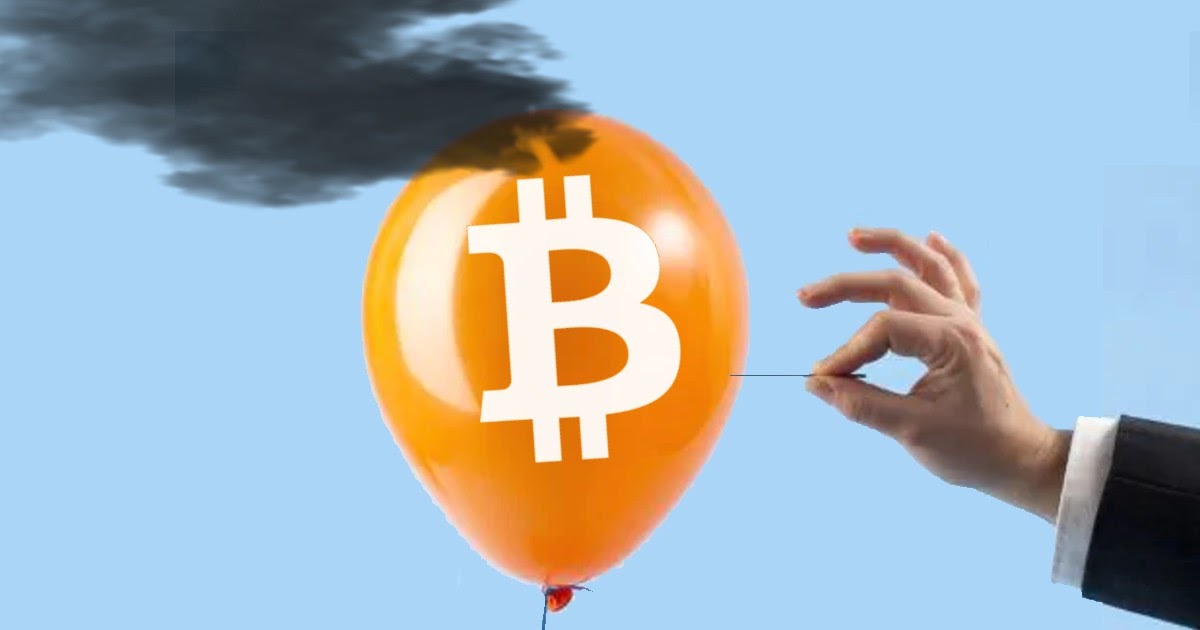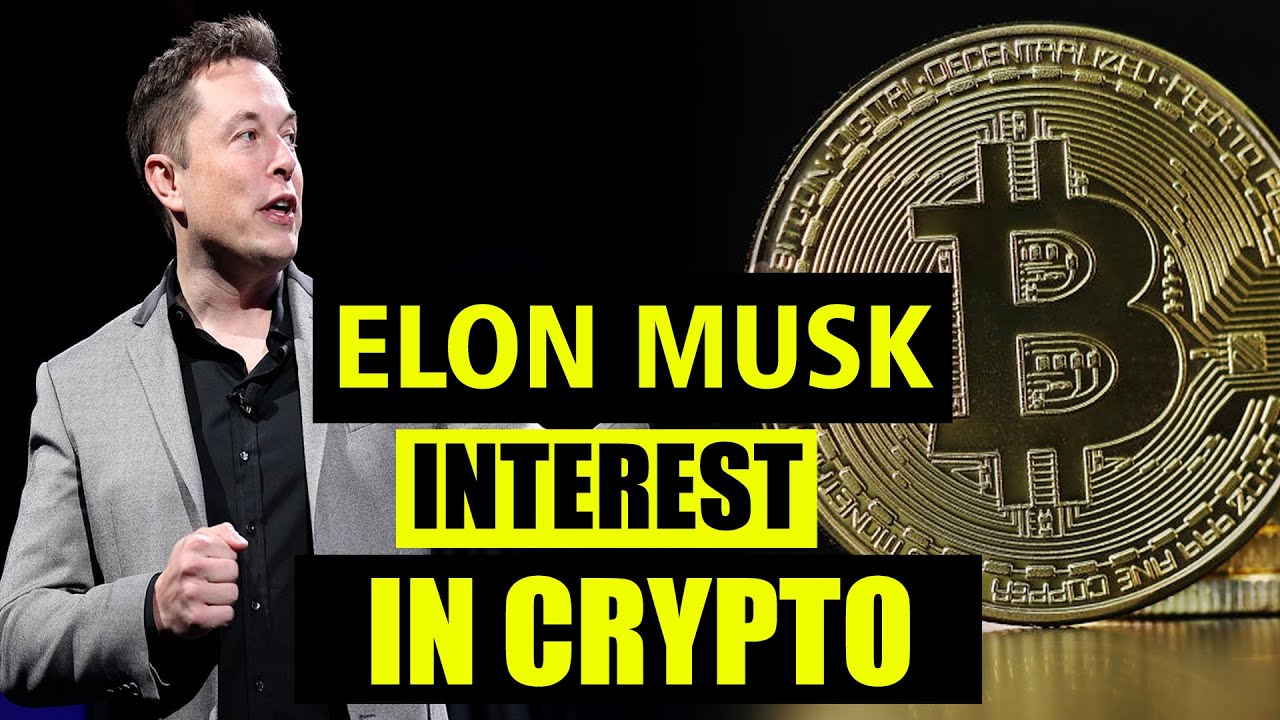
Elon Musk Destroy Mass Adoption in Bitcoin
Elon Musk has persistently proved that he can cause the value of Bitcoin and other cryptocurrencies to ascend and descend by his irregular but considerable contributions on Twitter.
The preeminent reason behind the loss of nearly 15% of value of Bitcoin in only 24 hours is Elon Musk. After February 8, when Tesla, his electric-car company, declared that it had purchased $1.5 billion worth of cryptocurrency, the price of bitcoin soared and tumbled in step with Elon Musk’s further proclamations.
The Tesla Factor!
Bitcoin price rose soon after Tesla announced that it will start accepting payments in Bitcoin. At that time, people criticised Elon for investing in the cryptocurrency, with a number of environmentalists indicating the environmental damage caused by its large electricity usage was at odds with Tesla’s apparent green credentials. Then after Musk said those deals were not active - a statement that cut off about $10,000, or nearly 20%, from bitcoin’s price in the time period of just 12 hours. Musk now appears to have come to the same conclusion, tweeting on May 13 that Tesla would suspend bitcoin sales due to concerns about the "rapidly expanding usage of fossil fuels for bitcoin mining and transactions, especially coal, which has the worst emissions of any fuel," according to Musk. Bitcoins are created (or mined) via a concept known as proof of work, which entails solving computationally tough and functionally worthless puzzles that cost a lot of electricity. Annual electricity consumption for the currency is anticipated to be 148 terawatt-hours and increasing, or almost the same as Poland's. To make matters worse, part of this energy is generated by coal-fired power plants. That is why Musk says that Tesla will neither accept or sell bitcoins for the time being and plans to use its holdings after mining transitions to more sustainable energy.
The Story Behind…
Then, on Monday, Bitcoin dropped once more, after Musk seemed to indicate (in a tweet, of course) that Tesla had sold its bitcoin assets, bitcoin's price fell below $US43,000. Tesla announced earlier this year that it had purchased $US1.5 billion in bitcoin and then sold $US272 million in the March quarter. Then he tweeted later Sunday "to clarify rumours" that Tesla had not sold any of its bitcoin, and it increased to $US44,863. It was recently trading about $US43,400, a far cry from the all-time highs it hit last month, when it was just near $US65,000.
Musk has the ability to influence more than just the price of bitcoin. One of his other businesses, SpaceX, is said to be accepting Dogecoin for satellite launches. Musk labelled Dogecoin (formed as a joke) as a "hustle" in his "famous" appearance on Saturday Night Live earlier this month. The price dropped by more than 35% immediately.
The computations necessary to mine coins are less complex, Dogecoin requires less energy each transaction than bitcoin, with bitcoin requiring 707 kilowatt hours each payment and Dogecoin requiring only 0.12, a switch might lessen Tesla's environmental impact. The price of Doge jumped 30% on Monday after Musk tweeted last Friday that he was working with Doge developers to increase transaction efficiency.
Musk demonstrated a clear ability to move a very large crypto asset market with just a few words which is worth more than $US 2 trillion. The danger is that his constant price swings are damaging to bitcoin's and other crypto assets' reputations. “People may lose faith in these cryptocurrencies since one Tweet from Musk might significantly affect the price — putting to rest any notion that there are any actual fundamentals at play,” Danyaal Rashid, an analyst at GlobalData said.
Why is Elon Musk Interested in Cryptocurrency?

Musk's interest in bitcoin, dogecoin, and other cryptocurrencies is still a question. Even while Tesla stated that it would take bitcoin as payment, it did not make the procedure particularly convenient.
Gary Gensler, the new chair of the US Securities and Exchange Commission, has admitted that there is no regulatory framework for crypto assets, and thus no protections against fraud or manipulation. One would think that it was past time for one to exist.
This requirement becomes increasingly more urgent as a growing number of institutions – including fund managers and investing platforms – begin to offer clients crypto assets and associated products, implying that those assets and marketplaces are beginning to enter the mainstream financial system.
But regulating and overseeing crypto assets would, of course, jeopardise their main appeal: the anonymity and unregulated nature of their ownership and activity.
Bottom Line
The volatility is another aspect that detracts from their attraction.
Cryptocurrencies have previously been promoted as a risk diversifier and inflation hedge, especially for equity market risk. Neither of them have been demonstrated in practice. Because of the high volatility, crypto assets are a poor hedge against anything, even inflation, and the market's dominance by individual investors is causing a link between cryptocurrencies' performance. Besides all this discussion all above mentioned factors and the timeliness are the main reason behind the fluctuations of the cryptocurrency world.
One cannot predict the next move because the market is highly volatile and dynamic. We rest the remaining case with you. Will you invest in bitcoins?